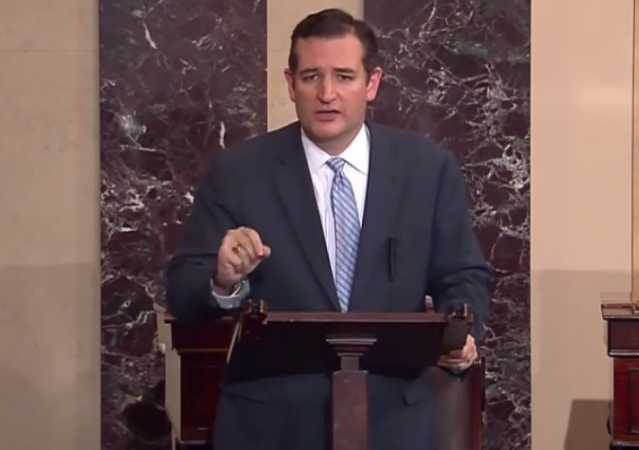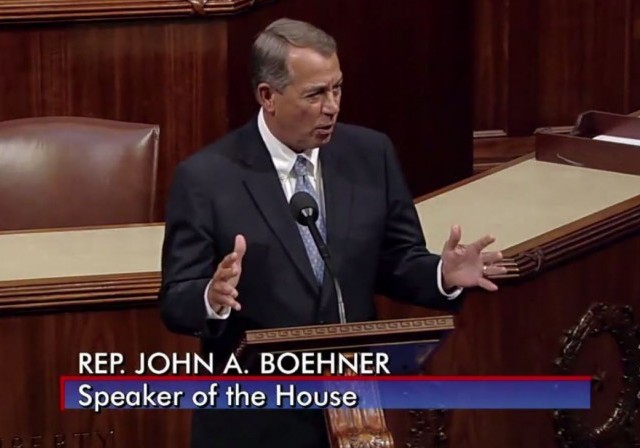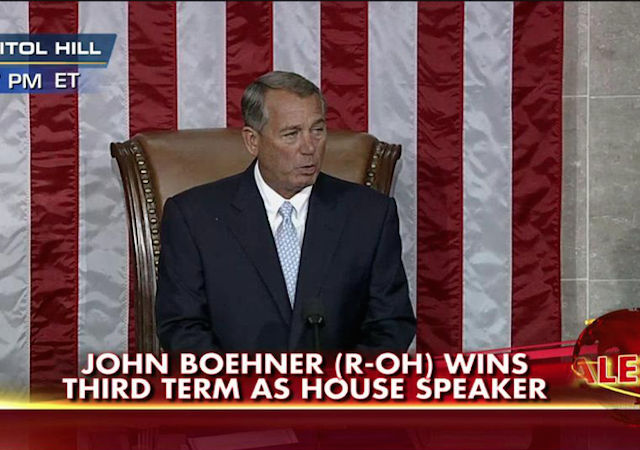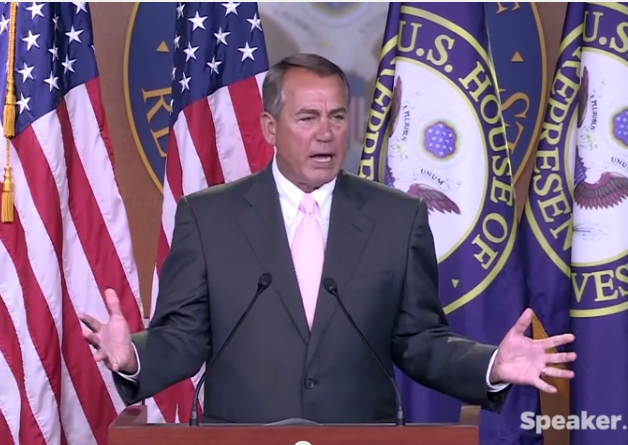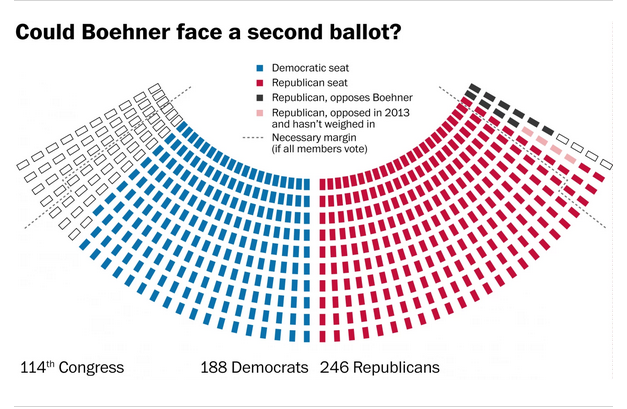Congress introduces sweeping anti-BDS legislation
on February 10, 2015
7 Comments
Congressman Peter Roskam (R-IL) and Congressman Juan Vargas (D-CA) have just introduced sweeping revisions to anti-boycott legislation long on the books, in order to counter the global and domestic anti-Israel Boycott, Divestment and Sanctions (BDS) movement.
Prior legislation countering the Arab League Boycott arguably did not apply to the BDS movement because BDS is not a country-sponsored boycott. I believe that BDS was structured that way to evade such legislation, and Congress appears to be both tightening the language, and expanding its scope.
The Times of Israel reports that the bill is linked to pending U.S.-European Union trade negotiations:
The bill, which has been worked on for over six months, does not authorize any sort of federal response to domestic BDS initiatives, but rather would use free trade negotiations to discourage foreign and international institutions from supporting initiatives to boycott, divest from, or sanction Israel. The bill’s sponsors have their eyes on the ongoing negotiations to create a free trade agreement between the US and EU – an agreement that proponents say will be the largest free trade deal in history....


